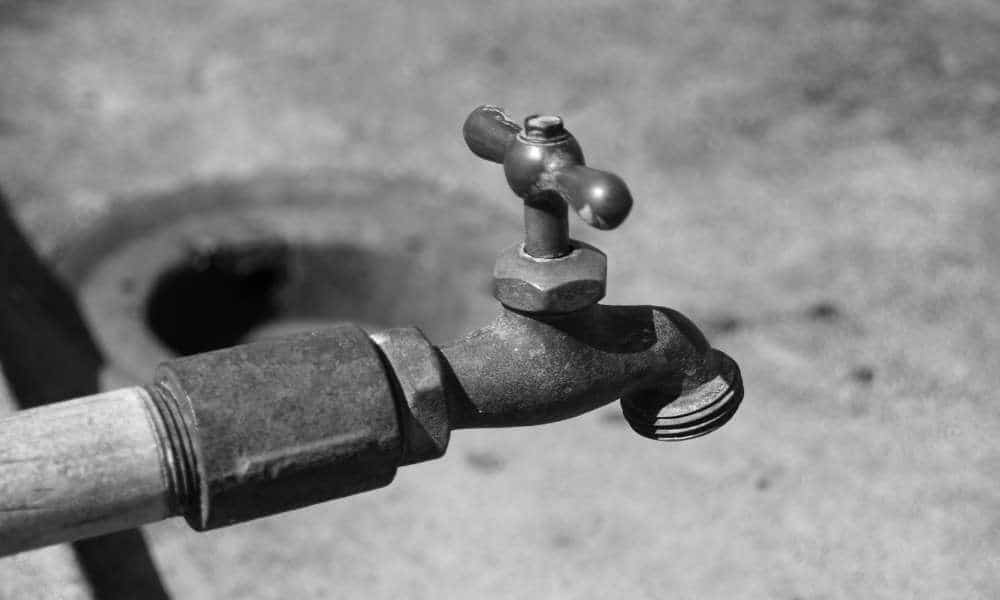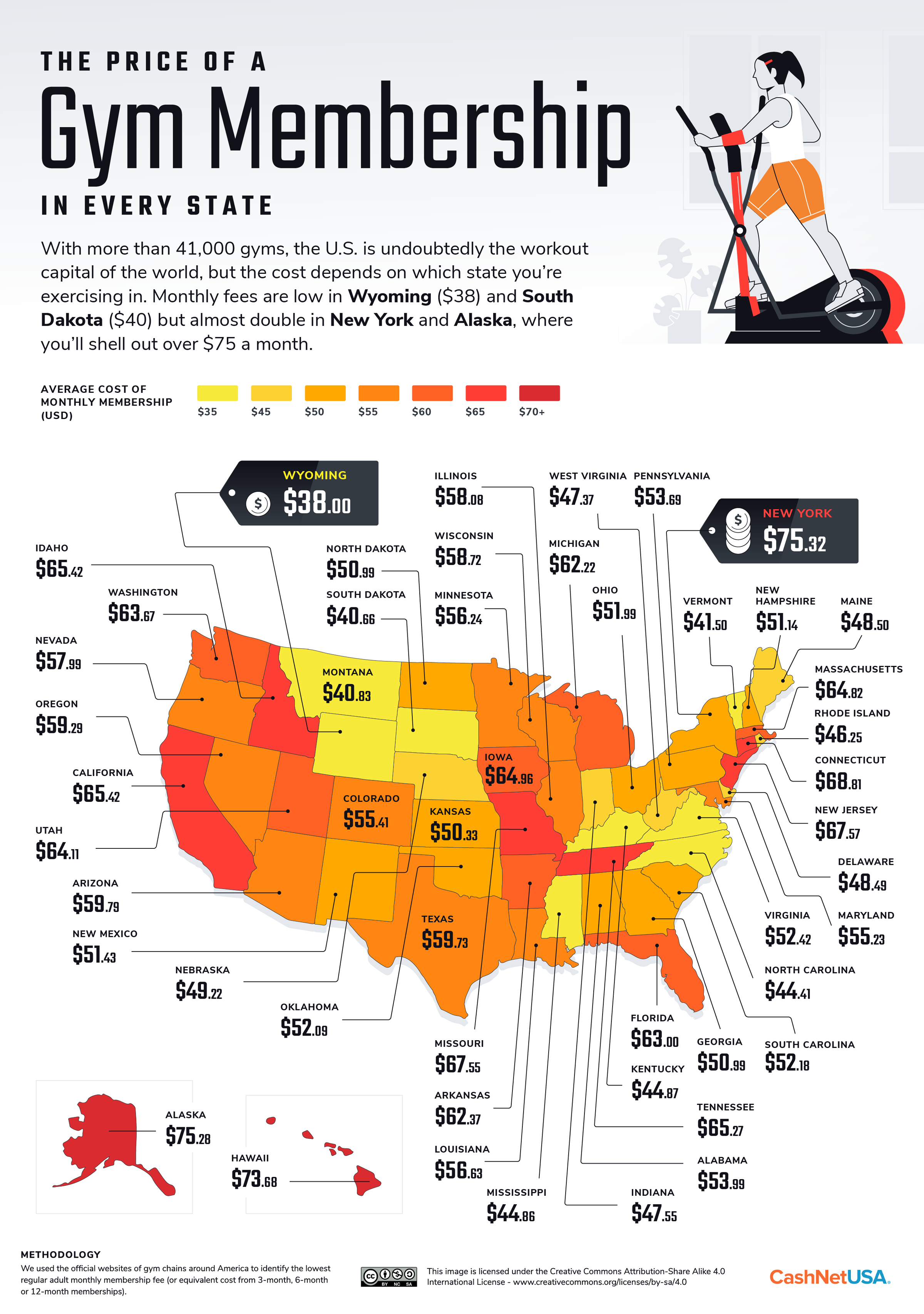Florida Career College Accreditation: What Students Need to Know
Understand Florida career college’s accreditation status
When research educational institutions, accreditation stand as one of the virtually important factors to consider. For prospective students evaluate Florida career college (FCC), understand its accreditation status is crucial for make inform decisions about their educational future.
Florida career college is
Not regionally accredit
. Alternatively, fFCChold national accreditation from the council on occupational education ((oCOE)ThiThis distinction hasgnificant implications for students regard degree recognition, transfer options, and career opportunities.
Regional vs. National accreditation: understand the difference
Accreditation in the United States come in two primary forms: regional and national. These differ considerably in terms of recognition, standards, and implications for students.
Regional accreditation
Regional accreditation is broadly considered the more prestigious and wide recognize form of accreditation. Seven regional accrediting bodies cover different geographic areas of thUnited Stateses, include:
- Southern association of colleges and schools commission on colleges (sSacco) )w h would be the relevant regional accredaccredit orloriFloridaitutions
- Higher learning commission (hHLC)
-
Middle states commission on higher education (mshe)
) - New England commission of higher education (nniche)
-
Northwest commission on colleges and universities (nCCU)
) -
Was senior college and university commission ((sSCC
) -
Accrediting commission for community and junior colleges (aCCC)
)
Regional accreditation typically applies to academically orientnon-profitit and state colleges and universities. Credits from regionally accredit schools ordinarily transfer more well to other institutions.
National accreditation
National accreditation typically applies to for profit, career focus, technical, or vocational institutions. The council on occupational educatio((COE)), which accredit Florida career college, is one such national accredit body.
National accreditation focus more on prepare students for specific careers sooner than academic advancement. While legitimate and recognize by the U.S. department of education, nationwide accredit credentials may face limitations in certain contexts.

Source: letsbuildup.org
Florida career college’s specific accreditation
Florida career college hold institutional accreditation from the council on occupational education (cCOE) The coCOEs rerecognizedy the uU.S.department of education as a legitimate accrediting agency for career and technical education programs.
This national accreditation mean that Florida career college meet establish standards for provide quality career focus education in its field. Notwithstanding, it’s important to understand that this is not the same as regional accreditation through Sacco, which would be the regional acaccredit oror fFloridainstitutions.
What COE accreditation mean
Coe accreditation indicate that Florida career college:
- Meets establish standards for career and technical education
- Undergoes regular review and evaluation
- Maintains facilities and resources appropriate for its educational mission
- Employ qualified faculty and staff
- Provide education relevant to its stated career objectives
Implications of national vs. Regional accreditation for students
The distinction between national and regional accreditation carry several important implications for students consider Florida career college.
Credit transfer limitations
One of the virtually significant challenges for students at nationwide accredit institutions involve credit transferability. Many regionally accredit colleges and universities do not accept transfer credits from nationwide accredit schools. This mean that if you begin your education at Florida career college and afterward wish to continue at a regionally accredit institution, you may need to restart your education.
Before enrolling, consider your long term educational goals. If you plan to pursue further education at traditional four year colleges or universities, the lack of regional accreditation could present obstacles.
Financial aid eligibility
Florida career college’s national accreditation through COE does qualify the institution to participate in federal financial aid programs. Students can apply for federal grants and loans through the free application for federal student aid (fFAFSA)
Notwithstanding, some private scholarships and state specific financial aid programs may have restrictions base on accreditation type. Students should verify eligibility for all potential funding sources before commit to enrollment.
Employer recognition
Employer recognition of credentials from nationwide accredit institutions can vary importantly by industry and employer. Some fields, especially those align with the specific vocational training offer at Florida career college, may pronto accept these credentials.
Nevertheless, in fields where employers traditionally expect degrees from regionally accredit institutions, graduates may face challenges. This is particularly true for positions require further academic advancement or in industries with strict credential requirements.
Before enrolling, research typical credential requirements in your intended career field and consider contact potential employers to understand how they view credentials from nationwide accredit institutions like Florida career college.
Programs offer at Florida career college
Florida career college offer various career focus programs design to prepare students for specific vocational paths. These programs include:
- Business office administration
- HVAC technician training
- Medical assistant technician
- Medical front office and billing
- Computer network technician
- Dental assistant
- Pharmacy technician
- Automotive technician
- Electrical technician
Each program focus on practical skills relevant to entry level positions in these fields. The career orient nature of these programs align with the institution’s national accreditation through COE, which emphasize vocational preparation preferably than academic advancement.
Programmatic accreditation considerations
Beyond institutional accreditation, certain programs may require or benefit from programmatic accreditation from field specific accrediting bodies. This is specially important in healthcare, technology, and other specialized fields where industry specific standards exist.
When evaluate Florida career college programs, research whether the specific program you’re interested in have relevant programmatic accreditation in addition to the institution’s overall COE accreditation. This can affect licensure eligibility, certification options, and employer recognition in certain fields.
Alternatives to Florida career college
Students concerned about the limitations of national accreditation might consider alternatives to Florida career college that offer similar programs with regional accreditation:
Community colleges
Florida’s state college system include numerous community colleges that offer similar vocational programs with regional accreditation through Sacco. These institutions typically provide:
- Lower tuition costs
- Regionally accredit credentials
- Easier transfer pathways to four year institutions
- Similar career focus programs
State universities with technical programs
Many of Florida’s state universities offer technical and vocational programs that combine the benefits of regional accreditation with practical career training. These might be worth to explore for students concern about credential recognition and future educational opportunities.
Make an informed decision
When consider Florida career college or any educational institution, conduct thorough research to ensure your choice aligns with your career and educational goals.
Questions to ask before enrolling
- What are the job placement rates for graduates of my specific program of interest?
- How do employers in my field view credentials from Florida career college?
- What percentage of graduates find employment in their field of study?
- What’s the average starting salary for graduates in my program?
- Are there any additional certifications or credentials i will need beyond my fccFCCucation?
- How lots will my total education cost, will include all fees and materials?
- What financial aid options are available to me?
- If I decide to continue my education late, what transfer options might be available?
Research career outcomes
Contact potential employers in your field to understand how they view credentials from Florida career college. This direct feedback can provide valuable insight into the practical value of your potential education.
Additionally, try to connect with current students and alumni to get firsthand accounts of their experiences and outcomes after graduation. Their perspectives can offer realistic expectations about what you might encounter as a student and graduate.
Understanding accreditation verification
To verify any institution’s accreditation status, invariably consult official sources preferably than rely exclusively on the school’s marketing materials. For Florida career college, you can verify its COE accreditation through:
- The council on occupational education’s official website
- The U.S. department of education’s database of accredited postsecondary institutions and programs
These resources provide current, accurate information about an institution’s accreditation status, include any probationary status or pence reviews.
Recent developments and considerations
Educational institutions occasionally face regulatory challenges or undergo ownership changes that can affect their operations and accreditation status. Stay informed about any recent developments concern Florida career college by check:

Source: letsbuildup.org
- Recent news articles about the institution
- Consumer protection websites and resources
- The Florida department of education website
- The COE website for any updates on accreditation status
Being aware of current information help ensure you’re make decisions base on the about up-to-date facts about the institution.
Conclusion: weigh the value of Florida career college’s accreditation
Florida career college is nationwide accredit by the council on occupational education but does not hold regional accreditation. This status has significant implications for credit transfer, further education opportunities, and potentially for credential recognition in certain fields.
The value of education at Florida career college depend mostly on your specific career goals, the program you’re considered, and your future educational plans. For students seek focus, practical training for specific vocational paths with no immediate plans for further academic advancementFCCcc’s programs may provide appropriate preparation.
Nevertheless, students with ambitions for further academic advancement or who anticipate need loosely recognize credentials should cautiously consider whether a nationwide accredit institution meet their needs or whether a regionally accredited alternative might intimately serve their long term goals.
Educational decisions represent significant investments of time and resources. By exhaustively understand accreditation distinctions and their implications, prospective students can make choices that align with their personal and professional aspirations.
MORE FROM getscholarships.de













